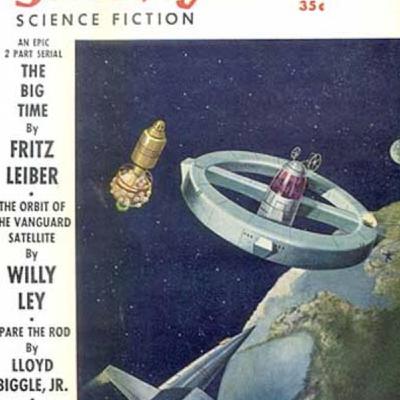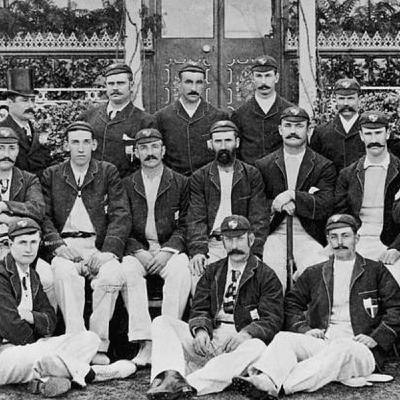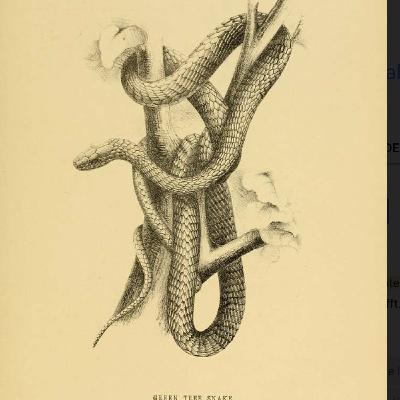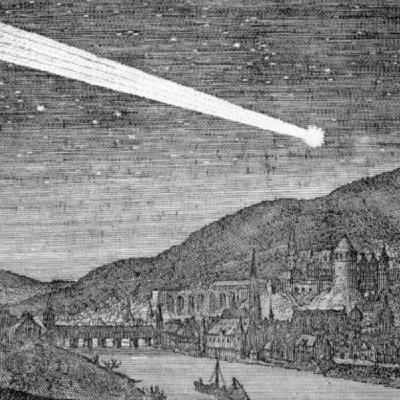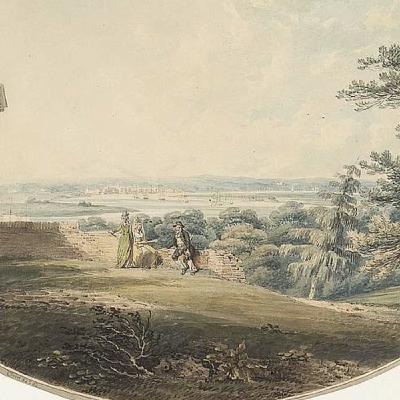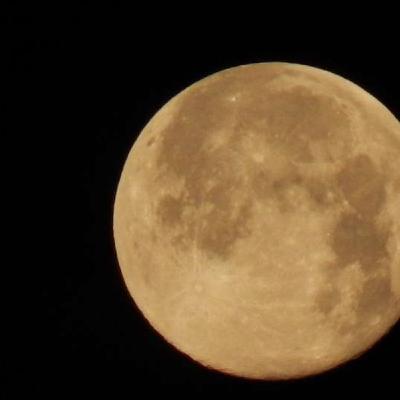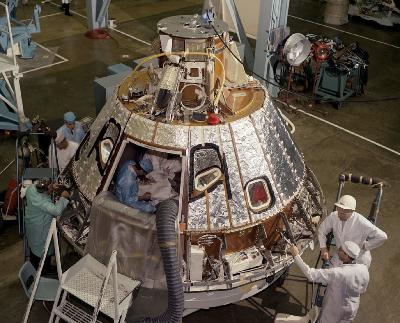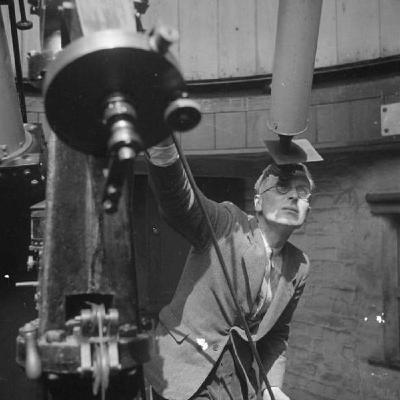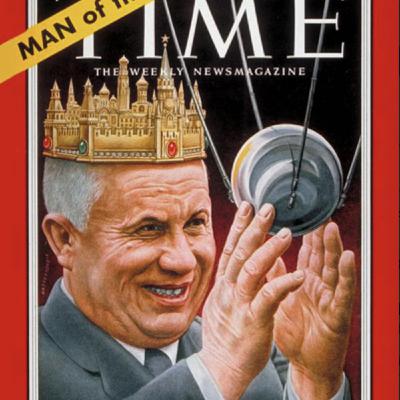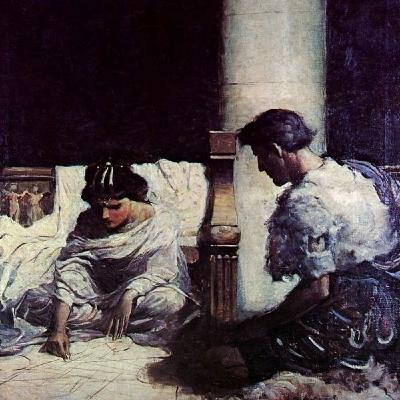65: 1. Ancient Interpretations of Mars, Cosmology, and the Roots of Astronomy. Matthew Shindell examines how ancient civilizations viewed Mars, often anthropomorphizing it or seeing it as a communicator of heavenly will. The Mayans, observing Mars's bright ap
Update: 2025-11-08
Description
1. Ancient Interpretations of Mars, Cosmology, and the Roots of Astronomy. Matthew Shindell examines how ancient civilizations viewed Mars, often anthropomorphizing it or seeing it as a communicator of heavenly will. The Mayans, observing Mars's bright appearance during opposition and subsequent retrograde motion, depicted it in the Dresden Codex, which archaeologists call the "Mars beast." In Han and Qin Dynasty China, Mars was associated with omens of disaster like warfare and famine. The meticulous record-keeping and predictive mathematics developed by Mesopotamian astronomer-astrologers, in their search for omens, led to what some historians call the "birth of science." The classical Greek model, exemplified by Ptolemy, posited an Earth-centered universe. However, Mars posed a specific challenge: its retrograde motion was difficult to explain within the accepted Aristotelian physics of perfect circular motion.
Comments
In Channel

